Why is there a baby formula shortage?
Plus what retailers, the government, and parents can do

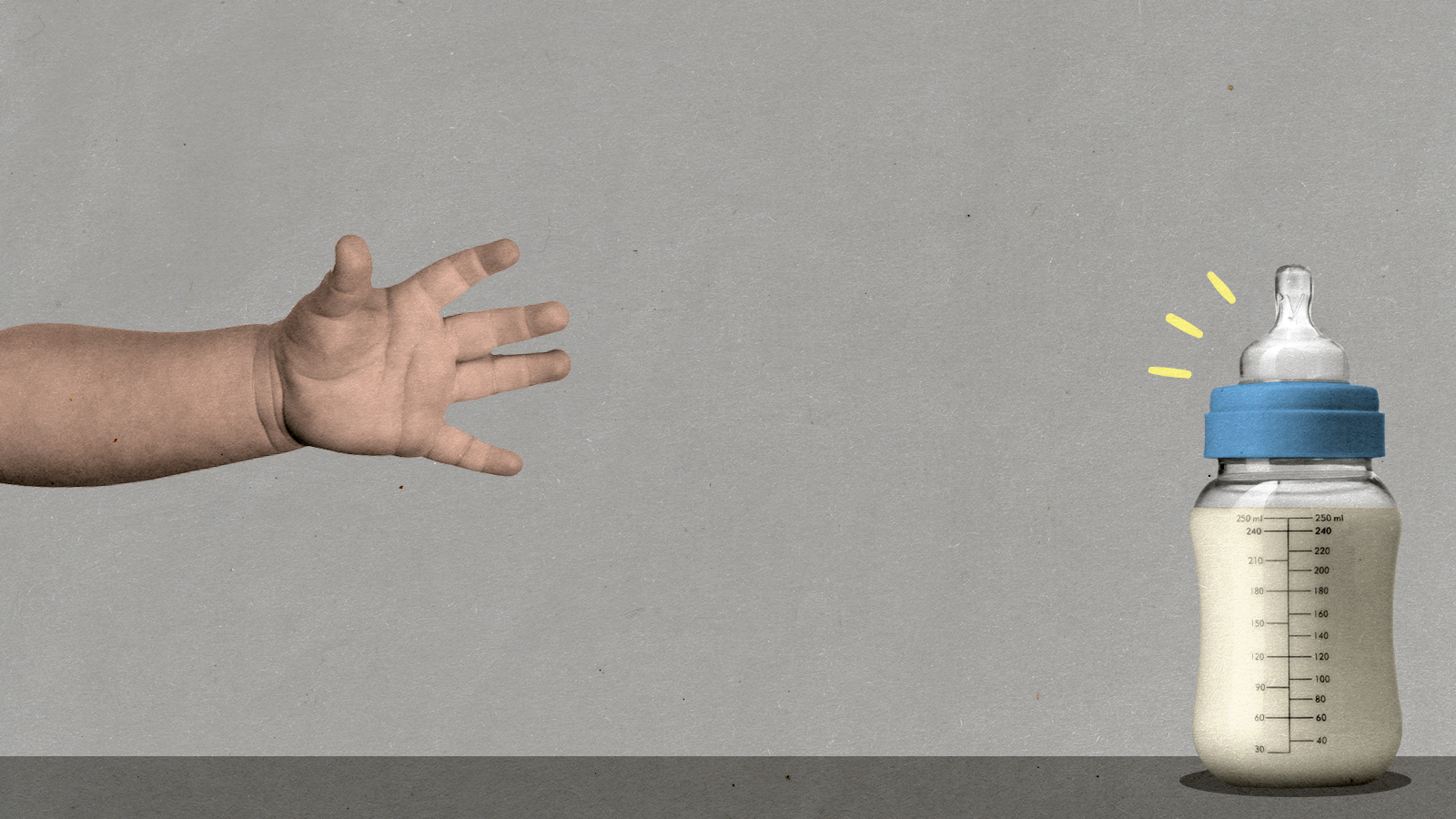
A free daily email with the biggest news stories of the day – and the best features from TheWeek.com
You are now subscribed
Your newsletter sign-up was successful
The U.S. is in the midst of a panic-inducing baby formula shortage, and parents nationwide are struggling to get their kids the nutrition they need. Here's everything you need to know:
Why is there a formula shortage?
There are two main reasons behind the formula shortage, The Wall Street Journal reports. First, knotted supply chains have made it difficult for parents to locate baby formula for months now. Between November 2021 and early April 2022, the out-of-stock rate for baby formula jumped to a whopping 31 percent, CNN reports, citing Datasembly.
But the situation worsened when the U.S. Food and Drug Administration (FDA) in February shut down a Sturgis, Michigan-based manufacturing plant belonging to Abbott Laboratories — a major player in the formula business — and Abbott recalled three of their powdered baby formula brands — Similac, Alimentum, and EleCare — due to potential bacterial infections. At least four babies were hospitalized and two died after consuming Abbott products, the FDA said.
The Week
Escape your echo chamber. Get the facts behind the news, plus analysis from multiple perspectives.

Sign up for The Week's Free Newsletters
From our morning news briefing to a weekly Good News Newsletter, get the best of The Week delivered directly to your inbox.
From our morning news briefing to a weekly Good News Newsletter, get the best of The Week delivered directly to your inbox.
Abbott later said that cronobacter sakazakii — the bacteria in question — was detected within "non-product contact areas" of the Sturgis plant, but not in the products. The manufacturer is now working with the FDA to restart production at the Sturgis plant and has said it's trying to increase production of Similac at other approved facilities, the Journal notes.
Likewise, Reckitt Benckiser, owner of the company behind formula brand Enfamil, has said its factories are churning out product seven days a week in hopes of filling empty shelves. But even with these efforts, shortages persist.
How are retailers responding?
Many are limiting how much formula parents can buy at once. Walgreens and CVS are limiting customers to three formula products per purchase. Target has restricted only online shoppers to a total of four formula items per sale, and Costco has listed various caps on its website, per The New York Times.
Is the government doing anything about it?
The government has thus far taken a number of steps to address the shortage.
A free daily email with the biggest news stories of the day – and the best features from TheWeek.com
On May 21, President Biden signed into law the Access to Baby Formula Act, which is meant to ensure families can continue using government-provided Women, Infants, and Children benefits to purchase formula during a public health emergency or product recall. And the week prior, Biden invoked the Defense Production Act to help ramp up domestic manufacturing and prioritize the delivery of key ingredients to formula producers, while simultaneously launching an operation to fly formula in from overseas.
The House also recently passed a separate baby formula-related bill dubbed the Infant Formula Supplemental Appropriations Act, which would grant the FDA $28 million in emergency funding to respond to the current crisis as well as take necessary steps to prevent future shortages. The legislation cleared 231-192, but has yet to have its day in the Senate.
As the shortage began to garner considerable attention, some commentators initially positioned the crisis as a direct failure of the FDA, whose regulatory hurdles may have compounded the problem. "U.S. officials could have made such shortages less likely by approving baby formula that is widely available in Europe, but per usual, the [FDA] has other priorities," Reason Magazine argued.
Infant formula imports are also subject to tariff-rate quotas of 17.5 percent after certain thresholds are met, Eric Boehm posited recently for Reason, meaning American trade policy — certain facets of which predate both President Biden and former President Donald Trump — may have made things worse.
"Surely, protectionism isn't the only reason for the current formula crisis," Scott Lincicome of the Cato Institute told Boehm, "but it's just-as-surely making things worse."
What can parents do?
If you're a parent struggling to find formula for your child, don't panic just yet.
For starters, definitely don't try to DIY a solution, the Journal notes; making your own formula is dangerous and can lead to severe illness or death in infants. Also refrain from feeding your young child cow's milk or adding water into your powdered formula to make it last longer.
Instead, try talking with your pediatrician's office, which may have samples to offer. And when shopping, check smaller stores rather than national chains. So long as they don't have health issues, most babies can be safely switched from one brand of formula to another, Dr. Bridget Young, assistant professor at University of Rochester Medical Center, told the Journal — just check that the ingredients on the label are the same so as to avoid stomach aches. For other questions or concerns, check with the baby's doctor.
If your child does have health issues or requires specialty formula, check with your healthcare providers before making any changes to their formula routine.
Update 2:00 p.m. ET on Saturday, May 21: This story has been updated throughout to reflect the steps the government has taken to combat the formula shortage.
Brigid Kennedy worked at The Week from 2021 to 2023 as a staff writer, junior editor and then story editor, with an interest in U.S. politics, the economy and the music industry.
-
 What to know before filing your own taxes for the first time
What to know before filing your own taxes for the first timethe explainer Tackle this financial milestone with confidence
-
 The biggest box office flops of the 21st century
The biggest box office flops of the 21st centuryin depth Unnecessary remakes and turgid, expensive CGI-fests highlight this list of these most notorious box-office losers
-
 What are the best investments for beginners?
What are the best investments for beginners?The Explainer Stocks and ETFs and bonds, oh my
-
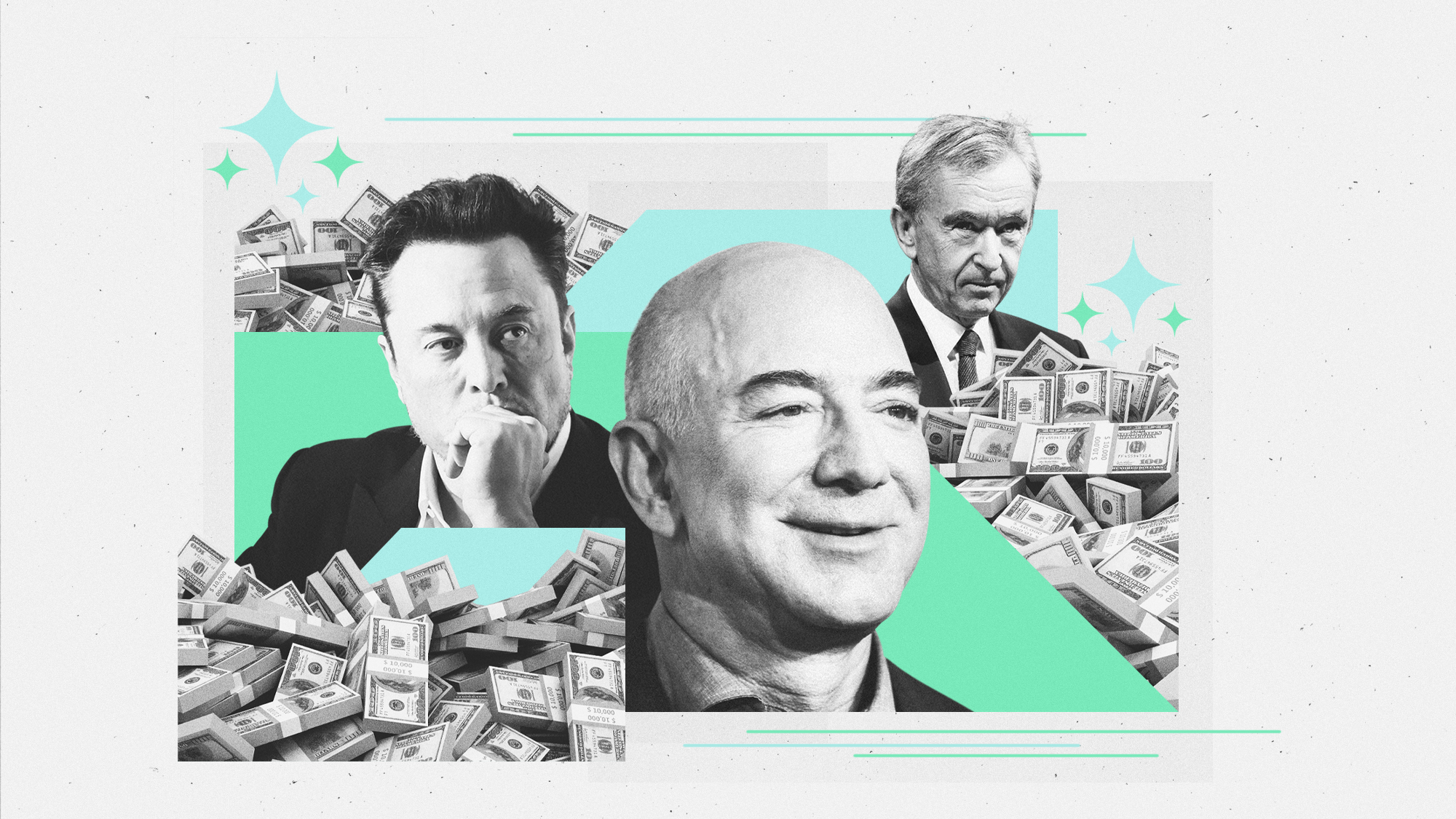 The rise of the world's first trillionaire
The rise of the world's first trillionairein depth When will it happen, and who will it be?
-
 The surge in child labor
The surge in child laborThe Explainer A growing number of companies in the U.S. are illegally hiring children — and putting them to work in dangerous jobs.
-
 Your new car may be a 'privacy nightmare on wheels'
Your new car may be a 'privacy nightmare on wheels'Speed Read New cars come with helpful bells and whistles, but also cameras, microphones and sensors that are reporting on everything you do
-
 Empty office buildings are blank slates to improve cities
Empty office buildings are blank slates to improve citiesSpeed Read The pandemic kept people home and now city buildings are vacant
-
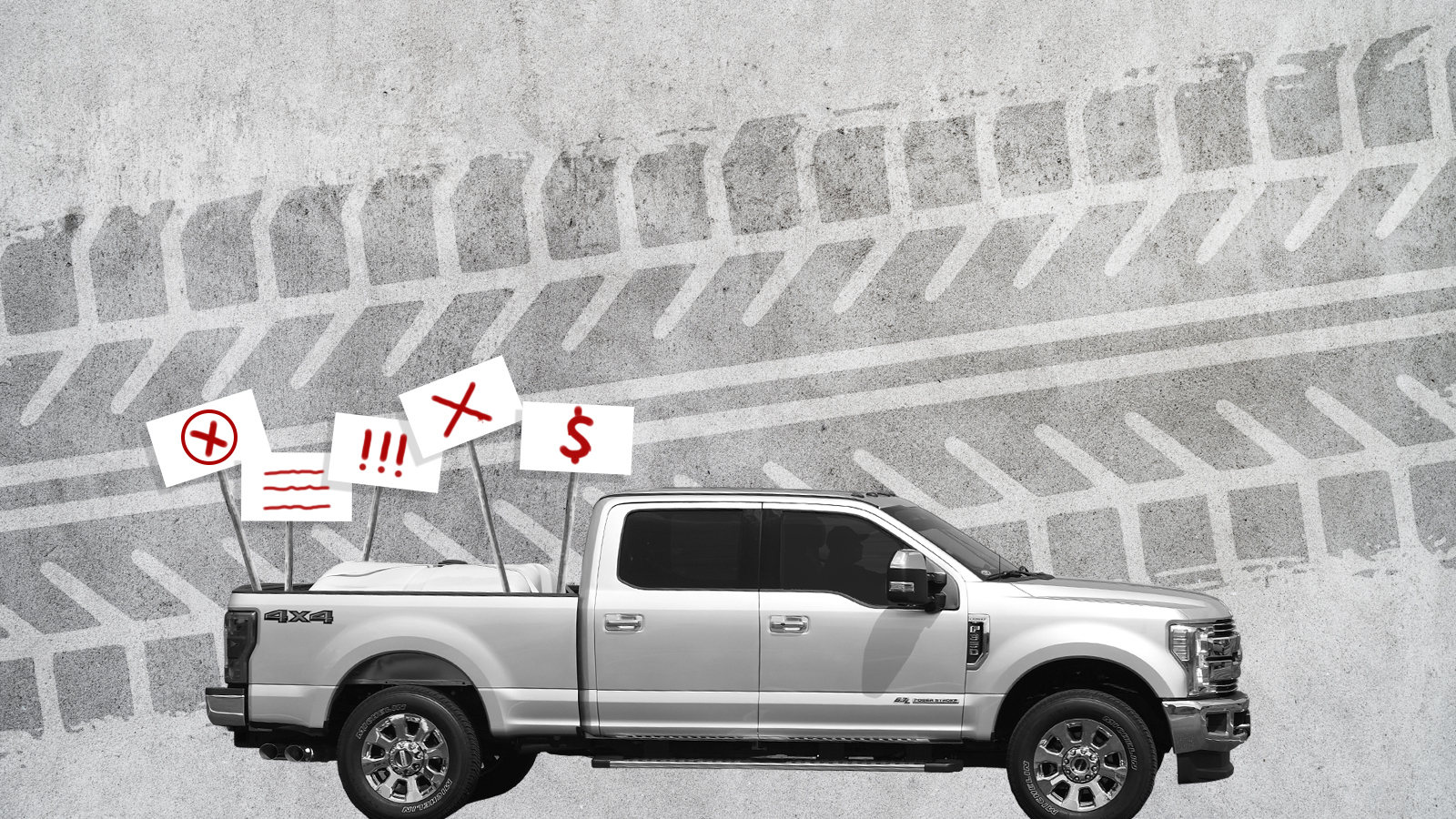 Why auto workers are on the brink of striking
Why auto workers are on the brink of strikingSpeed Read As the industry transitions to EVs, union workers ask for a pay raise and a shorter workweek
-
 American wealth disparity by the numbers
American wealth disparity by the numbersThe Explainer The gap between rich and poor continues to widen in the United States
-
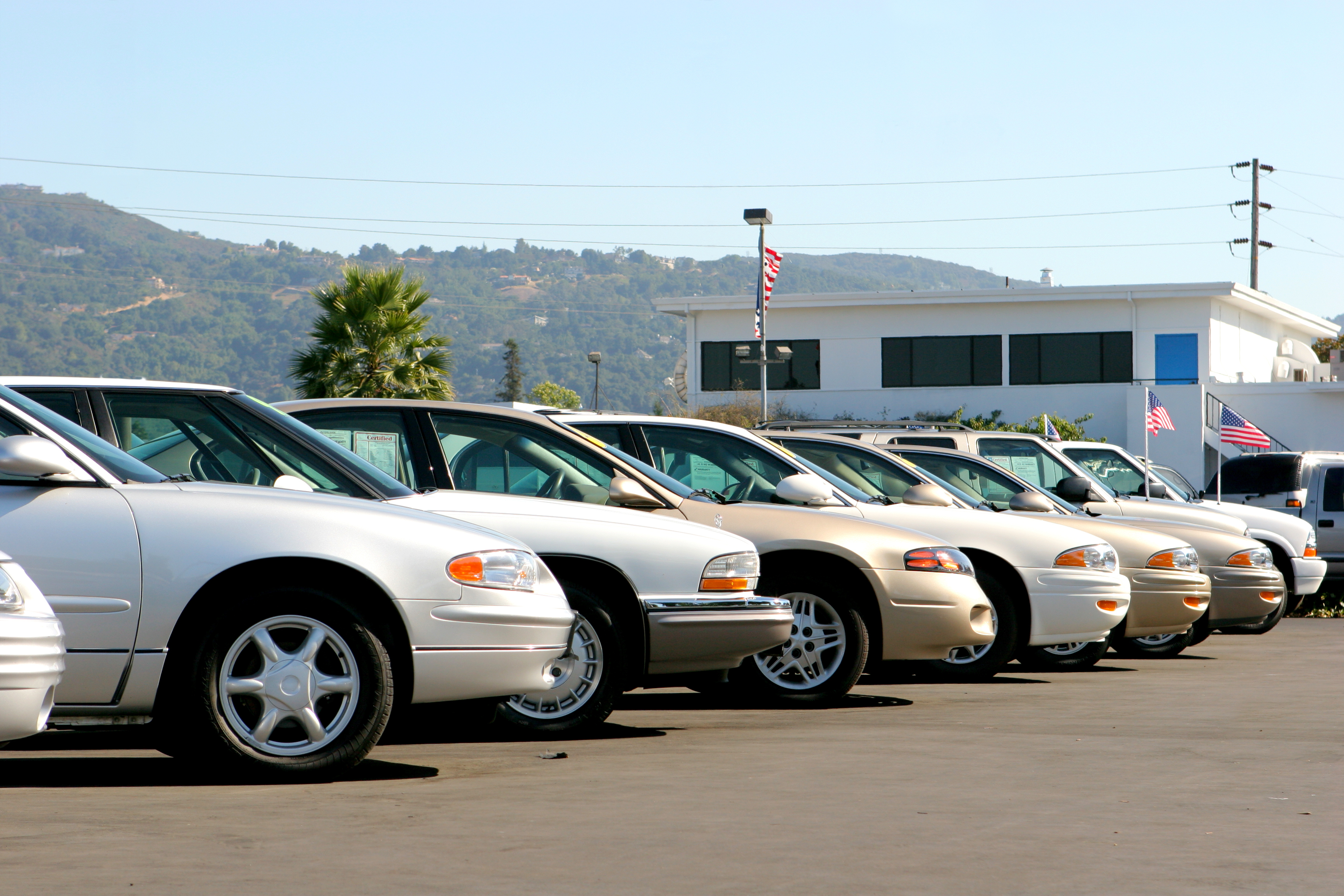 Cheap cars get run off the road
Cheap cars get run off the roadSpeed Read Why automakers are shedding small cars for SUVs, and what that means for buyers
-
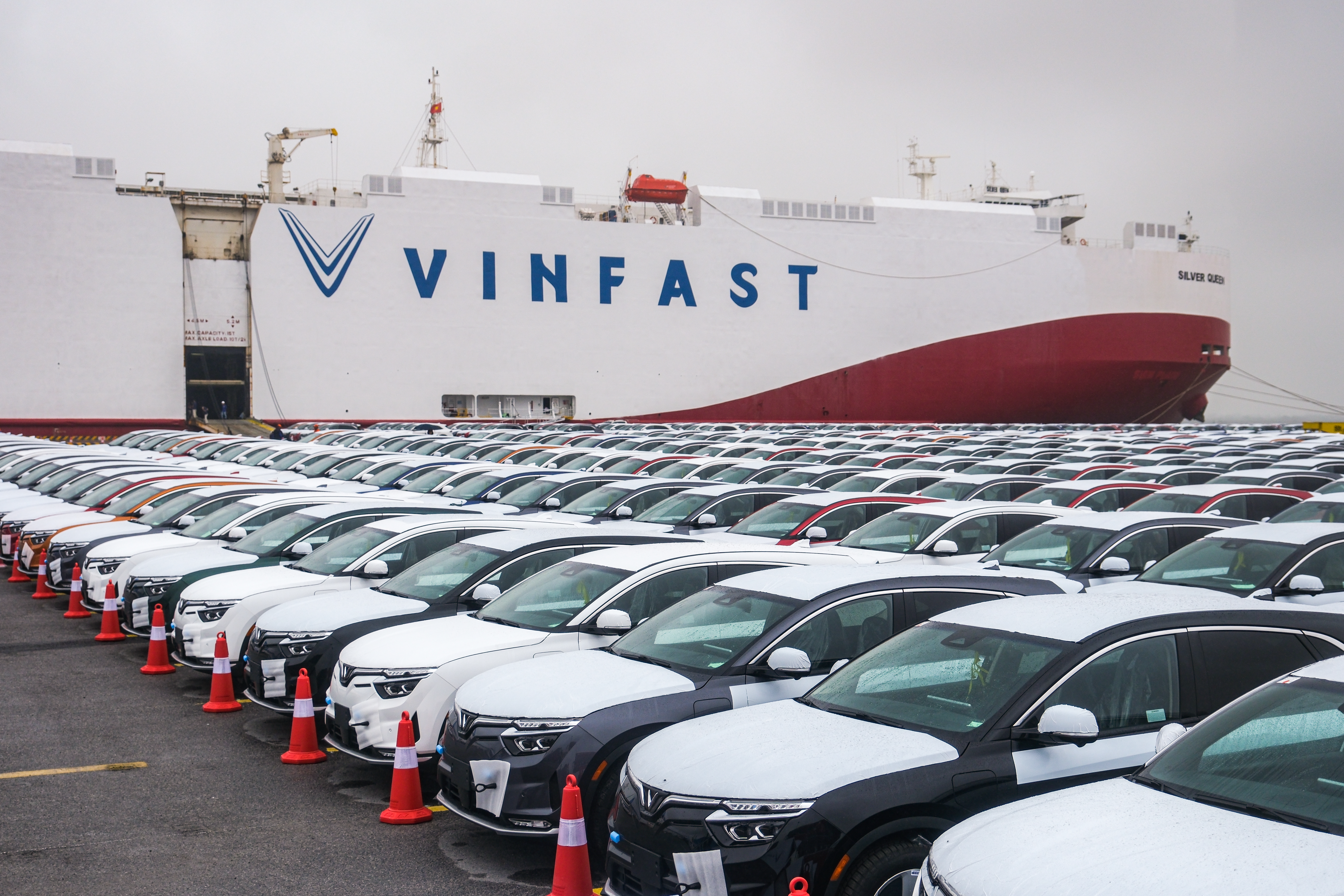 Vietnamese EV maker VinFast wows with staggering Nasdaq debut
Vietnamese EV maker VinFast wows with staggering Nasdaq debutSpeed Read Can the company keep up the pace, or is it running out of gas?
